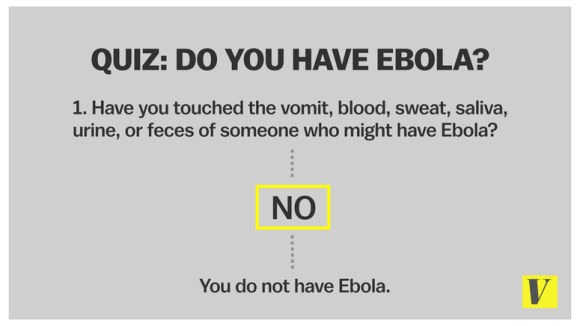- 8,403
- 8,212
- Joined
- Jul 18, 2012
Good thing I'm a vegan. We do not get these things.
Follow along with the video below to see how to install our site as a web app on your home screen.

Note: this_feature_currently_requires_accessing_site_using_safari
This is planned, do a little research.
Where did anyone say the virus has gotten through biohazard suits? This is a virus, not acid.
Abc news, cbs news, reuters, cdc confirmed it. Do some research buddy. If all these precautionary measures were taken and they are still getting infected, you honestly believe we gonna be ok?
Wearing full-body protection gear is "expensive, uncomfortable, and unaffordable for countries that are the most affected," they said. It may also send the message that such protection against the virus is being preferentially given to health care workers and is out of reach to the general public, they wrote in their article
Moreover, the image of health care workers in hazmat suits could lead to panic, causing people to flee the area and possibly spread the virus elsewhere, they added.
Instead, protective gear such as gloves, waterproof smocks, goggles, masks and isolated rooms may be enough to manage infected patients, so long as they are not hemorrhaging or vomiting, the letter said. "In control of infectious diseases, more is not necessarily better and, very often, the simplest answer is the best," the researchers wrote.
“The physical exhaustion and emotional fatigue that come with caring for patients infected with Ebola may further increase the chance of an inadvertent exposure to bodily fluids on the outside of the personal protective equipment, leading to unwanted contact when the gear is removed,” experts from Johns Hopkins and the University of North Carolina wrote in the Annals of Internal Medicine.
“The impulse to wipe away sweat in the ever-present hot, humid environment during personal protective equipment removal may lead to inadvertent inoculation of mucous membranes” in and on the nose, mouth and eyes...
...Last week, an American missionary couple who worked in Liberia told The Associated Press that there wasn’t enough protective gear for health care workers.
“We don’t have enough personal protective safety equipment to adequately be able to safely diagnose if a patient has Ebola. So they are putting themselves at risk,” said David Writebol, whose wife, Nancy, recovered from Ebola.

HIV is relatively difficult to contract, but if people fail to take the necessary precautions it can become a big deal.I'm pretty sure its being down played. If the only way to contract it is by touching bodily fluids how are so many people getting it? How is 1.5 mill an estimate if it is so hard to contract? You're telling me every single one of those estimated people are gonna break into hospitals and take their sick relatives too?
I have reason to worry because even if we have the CDC and unlimited amount of resources to prevent a wide spread out break here, doesn't mean it won't or can't happen. Maybe not with Ebola but you'd be naive to say "it will never happen here".



There is no containing it tho, if you have ebola, you will die.
What? Do you even know what containment means?
Ya'll some *******.
You said they will contain the Ebola. As if you can stop it, it has a 50% mortality rate, if you get it, its a coin toss that you will die from it...now what where you saying genius?? ?^
You dont know if you have ebola but you arent contagious til symptoms show. If they are being properly monitored then they will contain it at the first signs. The next couple of weeks will tell.
read the list of symptoms.^
You dont know if you have ebola but you arent contagious til symptoms show. If they are being properly monitored then they will contain it at the first signs. The next couple of weeks will tell.
At least we know patient zero once this **** becomes a pandemic
who was patient zero in Africa?